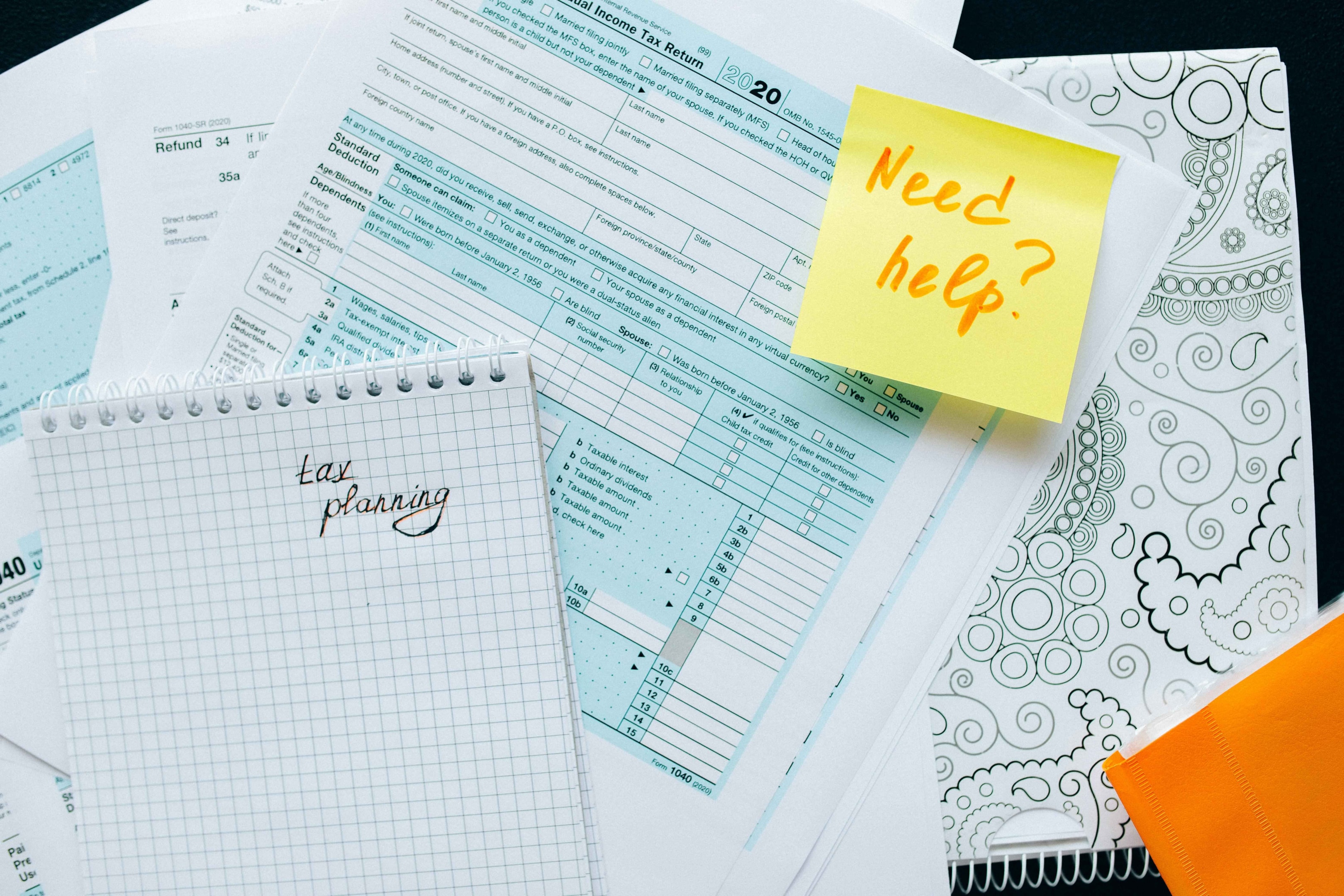Tax audits can be a very stressful and intimidating process for business owners to go through. While some audits are triggered randomly, the majority occur because there is something in a submitted tax return that sends a red flag and generates a HMRC tax inspection.
If you are a business owner, it is useful to know what happens during a tax audit but it’s even better to know how to avoid them. Thankfully, we’ve got both angles covered for you in this article.
What is a Tax Audit?
A tax audit is a formal investigation by HRMC to check if a business is accurately reporting its financial situation and paying the right amount of tax. A tax audit ensures that a company complies with tax regulations and laws.
The ultimate aim of a tax audit is to identify if tax fraud is being committed. Tax fraud can include underreporting the amount of income received, overusing expenses, stating deductions to make the tax bill smaller, or failing to file tax returns when they are required. Tax fraud is a serious crime that can lead to fines, penalties, or a custodial sentence.
There are three different types of tax audits or ‘compliance checks‘ carried out by HMRC:
- Full Enquiry: this looks at all the records for a business, sometimes including the tax affairs of the directors of a company and the business itself. A full enquiry looks at all the business records.
- Aspect Enquiry: this looks at one specific aspect of a company’s financial affairs, such as if there is an inconsistency in a specific section of a tax return.
- Random Check: this audit is triggered randomly to ensure a submitted tax return is accurate and compliant.
A tax audit can look at all the different types of tax that companies and individuals pay, including income tax, VAT, corporation tax, capital gains tax, and how companies use tax incentive schemes.
Tax Audit Guide
How to Prepare for a Tax Audit
As tax audits can be triggered randomly, you should always be prepared for one. Being prepared includes:
- keeping accurate, comprehensive and detailed financial records (including invoices, receipts and bank statements)
- organising all tax-related documentation and communication with HMRC so it is easy to access in case you need to supply it
It can also be helpful to engage the services of a tax accountant or auditor who can check your tax records and provide guidance, which not only helps you to prepare for a tax audit but can also help to ensure that your tax records don’t trigger an audit in the first place.
How to Respond to a Tax Audit Notice
HMRC will contact you via email or phone to inform you that a tax audit is being conducted on your company’s tax affairs. Responding promptly and providing whatever is requested is a good idea, as this signals that you have nothing to hide. If you work with a tax accountant, get in touch with them to let them know what is happening and get any advice they have.
As the audit continues, keep a record of any communication you have with employees of HMRC during the audit and try to remain cooperative, honest and open about your affairs, even if you feel frustrated about the questions.
Failure to respond to a tax audit notice can result in a monetary fine.

How to Appeal the Audit Findings
HRMC will write to tell you their findings when the tax audit has finished. If you have paid too much tax, you will be repaid. If you need to pay more tax, you will be asked to pay the additional tax, interest due and possibly a penalty.
The letter explaining the audit findings will also provide information on your right to appeal and the process you need to follow. You usually have 30 days to appeal in writing.
How to Avoid a Tax Audit
While tax audits are a necessary and regular part of the system, they are also stressful and time-consuming so it is worth having a holistic approach to your company’s finances and putting in place systems that can help you avoid triggering one based on inconsistencies in your tax return. Having processes in place to ensure your financial records are accurate is especially important if you work in a ‘high-risk industry’, which is usually an industry with more uncertainty or potential for issues such as fraud or regulatory avoidance.
The following tips will help you to avoid a tax office audit:
- Maintain your financial records to a high standard, updating them regularly and asking others to check them for you.
- File your tax return on time and make sure it is accurate.
- Do your research to understand if your business is in an industry deemed as high risk or if you are involved in anything that might create a flag for HRMC. Knowing you are more likely to be part of an audit is a good incentive for ensuring your records are accurate and current.
- Consider engaging a tax accountant to help you ensure your tax return is accurate.
- Keep up to date with tax laws and compliance regulations.

